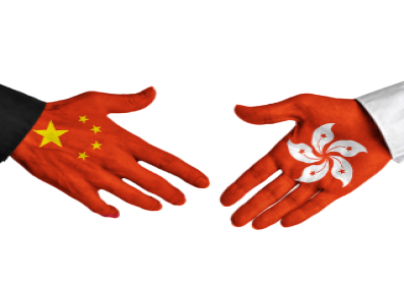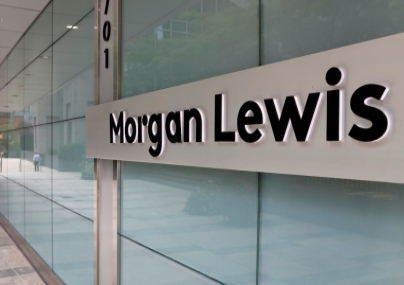By Jacqueline Poh
Thirteen Chinese property companies are raising around $4.6 billion of offshore syndicated loans in Hong Kong as concerns about the sector mount and regulators try to clamp down on lending to privately owned Chinese companies.
The rise in property borrowing comes as banks are becoming increasingly wary of China's cooling real-estate sector as investment, property sales and construction fall, and higher default rates for privately owned Chinese companies.
Moody's Investors Service lowered its outlook on China's real estate sector to negative from stable at the end of May and Chinese house prices fell to an 11-month low in April.
Loans for big rated property companies such as Shimao Property Holdings Ltd and Sino-Ocean Land Holdings Ltd are proving popular, but bankers say that deals for smaller companies could find less support.
"The more established names have relationship banks' support but the smaller ones are new and we need a longer track record of their financial performance," a second loan banker said.
Lending to Chinese real estate companies is on track to eclipse 2013 levels, despite concerns about the impact of the slowing sector on China's economy. Real estate accounts for around 15 percent of China's annual economic output.
With thirteen deals in the market and nine already closed, lending to Chinese real estate companies totals around $8 billion at the half year, according to Thomson Reuters LPC data. Eleven Chinese property developers raised $10.6 billion of syndicated loans in Hong Kong in 2013, the data shows.
"The top names which have commercial properties in prime locations are fine," a second loan banker said. "The smaller ones which only focus on residential projects are the ones we are cautious about because home sales are not that impressive in China right now,"
Moody's negative outlook on China's real estate sector reflects expectations of slower residential property sales growth, high inventory levels and weakening liquidity over the next 12 months in China, the ratings agency said.
Rated Chinese property developers have strong cash buffers and manageable refinancing risk, as they are able to tap the bond market and have strong demand for mass-market properties, Moody's said.
Shimao Property Holdings Ltd increased a four-year term loan to $736 million from $600 million after 11 banks joined the club deal on Thursday.
Sino-Ocean Land Holdings Ltd is also expected to increase a $450 million three-year loan to around $800 million before launching the deal to general syndication later this week.
Smaller property developers including Logan Property Holdings Co Ltd, Guangzhou-based China Aoyuan Property Group Ltd and Shenzhen-based Redco Properties Group Ltd, which are tapping the market for the first time, may find banks less receptive, bankers said.
Loan pricing has increased across the sector. State-owned Shenzhen Investment is offering all-in pricing of around 400 basis points (bps) on an $800 million five-year refinancing. This is 120 bps higher than the all-in pricing of 280 bps on a $447 million five-year loan that was signed last October.
Smaller companies, such as Logan Logan Property Holdings Co Ltd are paying around 500 bps.
HKMA SUPERVISION
The rise in offshore loans for Chinese real-estate companies comes as the Hong Kong Monetary Authority has stepped up its scrutiny of Hong Kong-based banks' lending to privately-owned Chinese companies.
The HKMA is trying to clamp down on lending by Hong Kong-based banks to mainland Chinese companies which has soared since mid 2013, when government regulations designed to curb onshore US dollar lending prompted Chinese companies to raise cheaper foreign currency loans in Hong Kong.
"It is not just the real estate sector, it's overall Chinese exposure that we are watching because of HKMA's watchful eye on lending to the Chinese," said a senior loans banker.
Hong Kong loan volume has been dominated by mainland Chinese companies' since 2011, which made up 71 percent of volume in 2013, up from 49 percent in 2012.
Chinese companies have borrowed $12 billion in 2014 so far, which accounts for 41 percent of Hong Kong loan volume. Loans to property companies totalling $4 billion in 2014 so far make up 30 percent of volume, up from 13 percent in 2013.


